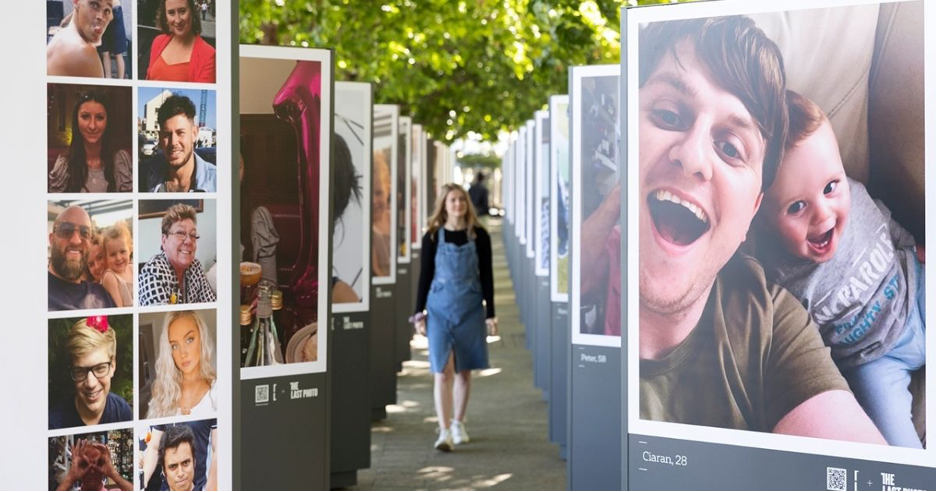The Weight of the World
- lifriedm
- Oct 31, 2023
- 3 min read
High functioning anxiety disproportionately affects minorities due to institutionalized stereotypes and biases. Among minority groups, Black individuals are negatively affected by high-functioning anxiety a lot especially after worldly events. Specifically, after the death of George Floyd, anxiety and depression among Black individuals increased from 36 percent to 46 percent. The reason for this increase in anxiety and depression is due to carrying the weight of racial stress on top of other societal factors such as pandemic stress and normal day-to-day stress. Within the Black community, Black women struggle 1.8 times more than Black men with sadness most or all the time and 2.4 times more likely than Black men to feel hopeless more or all the time. This is because Black women are expected to go along with their normal day-to-day activities despite dealing with microaggressions and subtle acts of racism daily. They have to ensure racism and sexism at the same time which creates a burden unlike other burdens. There is a stereotype that Black women also feel they have to fight against on the daily which is the “angry Black woman” stereotype. They feel as though they must hide their emotions and present themselves as strong, positive caretakers in order to combat this stereotype. This is also known as the “Superwoman Schema” or the “Strong Black Woman” role. While women have reported that it helps them be resilient through difficult times, it also places a stress on them so much so that they ignore feelings of distress and race-based trauma’s effect on their feelings and behavior.
Many would argue that Black women should seek treatment to help combat these issues. However, the counseling office is not always a safe environment for Black women. Specifically, therapists have been seen to be less likely to offer an appointment to Black middle-class help-seekers compared to White middle-class help-seekers. This Is because therapists fall into the trap of believing that Black women are stronger and can cope better with their feelings. In order to take on this issue head-on, there needs to be more Black individuals within the psychology space. As of 2015, only 4% of psychologists in the U.S. were Black. Having a therapist who looks like you and has shared lived experiences is extremely important and proves that this issue needs to be looked at more seriously.
Solutions to stress and anxiety can be as simple as teaching patients to deep-breathe or practice mindfulness. Specifically for Black women, therapists can work on reworking the Strong Black Woman image for their Black women patients to help them learn that it is okay to be vulnerable without losing their identity entirely. Therapists also need to make sure they are clear that their office is a safe space to be open about racism. Also asking Black women their cultural and racial identities is important because not all Black women are the same. Those whose ancestors were enslaved Black people have different experiences than those whose ancestors were Nigerian immigrants.
While I am not a Black woman so I cannot relate to this issue personally, I belong to another minority group of Jewish women. My grandmother is a Holocaust survivor and therefore has had the stress of worldly events affect her mental health for her entire life. She often still to this day stresses about wasting food because of her upbringing in the Holocaust when food was always scarce. This connection between Jewish women and Black women is not to make it seem as though these individuals’ experiences are the same but there are similarities that can be drawn between the two groups in relation to global events impacting their stress levels. All in all, it is important to consider depression and anxiety within minority groups and how it may impact them in different ways.



Comments